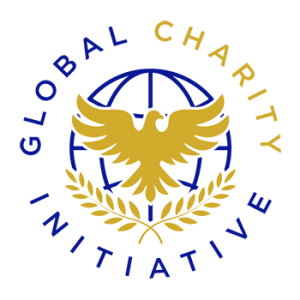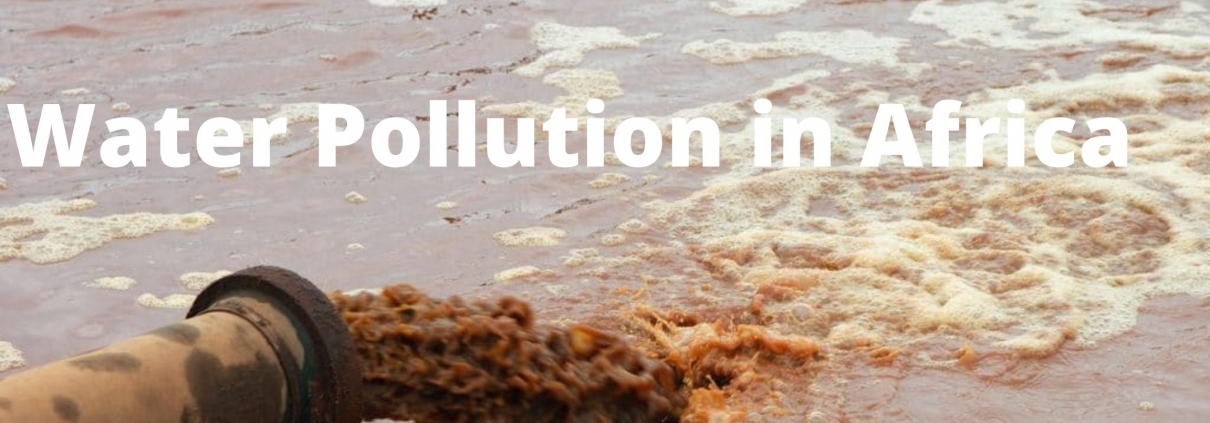Water pollution in Africa – What are the causes?
Water pollution in a nuisance but for a country where scarcity of clean water already looms it is a threat to the lives and host variety of diseases like diarrhea, cholera, dysentery and more when poor sanitation is a norm. Poverty- ridden areas suffer due to non-availability of quality water for bare minimum. Water used in any form, either for drinking purpose, food production or recreational activities is an asset for an economy and access to safe and easily available water is essential for the health of people. Measures should be taken for the availability of clean water, proper waste management system and sanitization.
Poverty and insufficient funding to create a robust waste management system are the two main reasons why people pollute their water supplies by dumping waste into the water. Throwing of general waste and faceting in water due to lack of infrastructure and awareness is worsening the situation and reaping dire consequences.
Reasons for water pollution in Africa
Poor Sanitation
Poverty and insufficient funding to create a robust waste management system are the two main reasons why people pollute their water supplies by dumping waste into the water. Throwing of general waste and faceting in water due to lack of infrastructure and awareness spread life-threatening diseases which have already claimed a lot of loves due to poor sanitation practices. Availability of clean water and proper sanitation practices would lessen the water contamination in Africa.
Mining
Industrialization is brutal on the water. Large industries dumping their waste in water without realizing the consequences of man-made water pollution has increased water pollution. Mining is one of those economic activities in developing country like Africa. Gold, coal and other resources mining impacts the air, soil and water simultaneously. Mining companies in Africa release large quantities of industrial waste in water rich in salt and mineral content that heavily impacts the PH level of water.
Agriculture
Agricultural activities are the biggest source of water pollution in Africa. The fertilizers and excreta used by the farmers during farming end up contaminating the water due to high concentration of nitrogen and phosphate that sit in the water supplies, thus contaminating the water due to eutrophication. Another hazard of farming includes release of organic matter, sediment, agro chemicals and drug residues.
Deforestation
Cutting down trees has always impacted the climate change and disrupted the rainfall, same is the case in West Africa, and deforestation has led to lower topical rainfalls in the region which has devastated the wildlife, weather patterns, climate and the whole ecosystem. Due to deforestation another menace is the soil erosion which has led the soil into the surrounding water bodies. This contamination is neither good for plants nor for and humans and animals that heavily rely on the water source for drinking and other activities, let alone the scarcity.
Urbanization
There aren’t as many resources and infrastructure as growing number of people in urban areas that could keep up with their needs and growing demands. More people mean more waste and the existing infrastructure with capacity to accommodate less gets exhausted and compromised. Urbanization continues to deteriorate the quality of water in Africa. Wastewater treatment plants are not able to handle the excessive waste and the local government is not equipped with sufficient financial resources to uplift the economy by barring the harmful contamination.
Effects of Water Pollution
Water scarcity is followed by the contamination of fresh water sources by bacteria, virus, pollution, parasites and more. People in Africa are struggling with bare minimum needs of clean water with needs as basic as clean hygienic water to drink. Fresh and clean water is needed by all for maintain the well-being and health. However, the contaminated and scarce supply has caused uncountable deaths which could be stopped due to sanitation and sufficient water supply.
Waterborne tropical diseases like such as typhoid fever, cholera, dysentery, and diarrheal illnesses could be easily controlled due to water pollution. Moreover, diseases plague, typhus, and trachoma (eye infection that can result in blindness), are also common in areas with contaminated water. Urbanization has put the already collapsed waste management system and lives in jeopardy.
The effects of unclean water are beyond deaths and diseases, the economic stability and progress of the country is hindered due to low literacy rate, which a developing country like Africa cannot afford. The women and young girls travel a long way in search of clean water for drinking and cooking purpose and this makes them skip school and give up on education. On their way to home, these women and young girls have to go through a lot of trouble; dangerous routes, sexual and physical abuse and more.
Helping Africa with Water Pollution
Nonprofits worldwide are on a mission to cater to the needs of those in help. Many of them are working to provide Africa with clean water to drink and cook and to end water scarcity by digging wells or infrastructure planning. But digging wells is not job done, awareness campaigns on managing them well for the safety and well-being of Africans needs to be reiterated with programs targeted to address the hygiene issue. But the efforts don’t rest on their shoulders it’s a joint responsibility of each one of us to join hands to speed up the process with donations and volunteering. Take action now for you can help save millions of lives, save children of Africa, their future, physical and mental health and over all water crisis all together.




